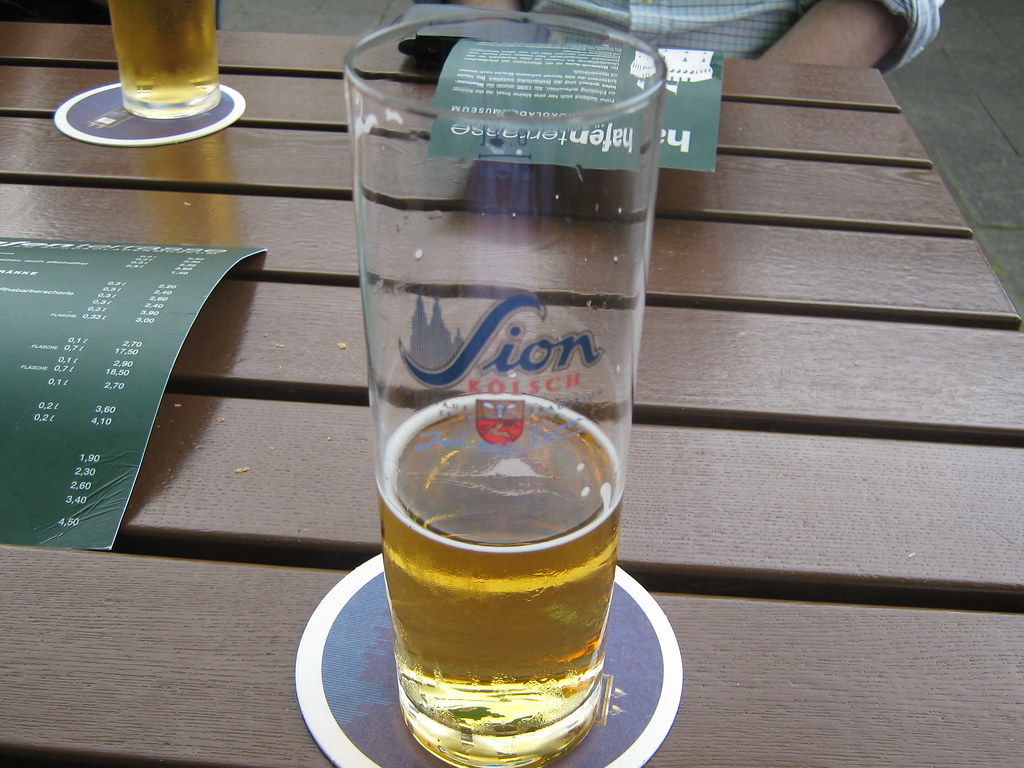Thing 10 - Pushnote and Evernote
I conform to Ned Potter's ingenious
library stereotypometer infographic in only a small number of ways. I don't listen to Adam and Joe, I don't drink gin, I don't knit and I don't wear a cardigan, but at least I can say I'm a leftie (in handedness and politicalness).
There are a few things, though, that bring out my generally dormant illiberal side, and the culture of commenting is one of them. In the old days, we the public kept quiet. The BBC told us what was going on and we accepted it. We were happy then. The rise of the internet has seen the media become democratised. Presenters of current affairs programmes ask us for our opinions, the more banal the better, and all online news websites offer a comments facility.
There must be something in the comments section of news websites and blogs that appeals to the meanest of human instincts. I have trained myself not to scroll down too far when reading any article for fear of happening on something that will cause me to abandon all faith in humanity. The anonymity that the internet provides means that people can be freer with their opinions than they would be in person, safe in the knowledge that they will not be held to account for whatever poisonous trash they write. (You may be familiar with
Godwin's Law.) Just last month, Shaun Usher, who runs the superb and popular
Letters of Note blog, disabled its comments facility because he was having to spend so much time removing insults posted by trolls. His
feelings on the matter are entirely comprehensible.
I love the internet as a place for discussion. Discussion is good. I use Twitter and message boards and blogs to exchange ideas and opinions. Nevertheless, I can't escape the perhaps reprehensible feeling that the democratisation of media has meant the enfranchisement of idiots. They were always among us, but we were able to avoid them. Now they infest the places we thought were safest. The words of Kent Brockman come back to haunt us: 'I've said it before and I'll say it again: democracy simply doesn't work.'
 |
| A man ahead of his time |
All of this is a prelude to my saying that the central idea of Pushnote, that one can comment on any webpage without having to register to use the website, is ever so slightly repulsive to me, and I confess that my first explorations of Pushnote have not even suggested to me, let alone convinced me, that it is something I might want to use in the future.
Creating an account was simple enough; finding friends was next to impossible. It told me to follow Stephen Fry, which I did more through force of habit than anything else. How to find other people I knew? (The short answer is that probably nobody I know is even on Pushnote, it's such a minority interest.) I had hoped to be able to find people who are Facebook or Twitter friends, but how to do that was a mystery. It doesn't help that the
Pushnote FAQ are out of date. They instruct you to click 'Add Friends' from the homepage, when there is no such button. There is a 'Find people' button, which lets you search Gmail contacts (of which I have none) or look for people by name. I searched for a few names in case I recognised anybody, but in vain. So far, so frustrating.
You can probably tell where this is going, but let's plod on. I installed Pushnote for Firefox and hied my way to the BBC website, which is one of the ones I visit most regularly. What might I find there when I clicked the little star in the corner? Well, the most recent comments included:
- always my first site of the day
- Possibly the best site for any information on the web. . .almost!
- One of the best websites for news, sport, entertainment
- Best news site on the web
- great for everything so useful
- Best website ever.
It's not the commenters' fault that what they write is so tedious. It's just that Pushnote has the same handicap as Twitter (love Twitter though I do) - there's only so much you can say of interest in 140 characters. Plus I know all this already. Might a visit to a site I never use be more enlightening? I visited Bing.com, where I discovered the following:
- Bing is kack!
- I saw the movie Unknown yesterday and when running a search they used bing. I understand they probably got payed to use it but I was like "who the hell uses bing".
- Not a bing fan. And sick of the constant advertising of it on Gossip Girl.
I hear you, brother. But there are only six comments on Bing in total, and this is one of the 25 most visited websites worldwide. At the moment, I can't see Pushnote having any great application simply because its reach is so pitiful. If it takes off, like Twitter has, perhaps its value will become apparent. As it is, even Pushnote's chief proponent, Stephen Fry, has only ranked five sites in the last six months. I really don't think it's got legs.
After this dispiriting experience, I wasn't really inclined to try Evernote. My first action on loading the website was to check to see what Pushnote users thought about it, but of course nobody has either posted a comment or rated it. But I am turning into a loyal and conscientious Cam23er, so plunged in.
The auspices were good. Any site that uses the following image in its 'Getting Started' section is OK by me.
 |
| "I understand more than you'll ... never know." |
The real task was working out just what Evernote is. My assessment is that it's a sort of online clipboard for you to gather together things that you're working on or that interest you, and it might be especially useful if you want to access things from multiple computers. An advantage is that you don't need to download the desktop client to access your files (which might be a problem at work), you can do it all online.
I experimented with making notes, copying images into notes (I found a nice sketch online purporting to be of the young Franz Schubert, though if it is, which I doubt, then he's doing a very passable impression of Ronan Keating), and saving text as a note using the Firefox web clipper add-on. Evernote also has a cute elephant as its logo.
 |
| Picture of Schu / A Different Bert (delete as appropriate) |
Perhaps it's just a reaction against Pushnote, but on first impression I really rather like Evernote, at least as a toy. Whether I will end up favouring it over other ways of doing the same thing, I can't tell. But unlike Pushnote, I will at least be exploring it further. No matter what.
































